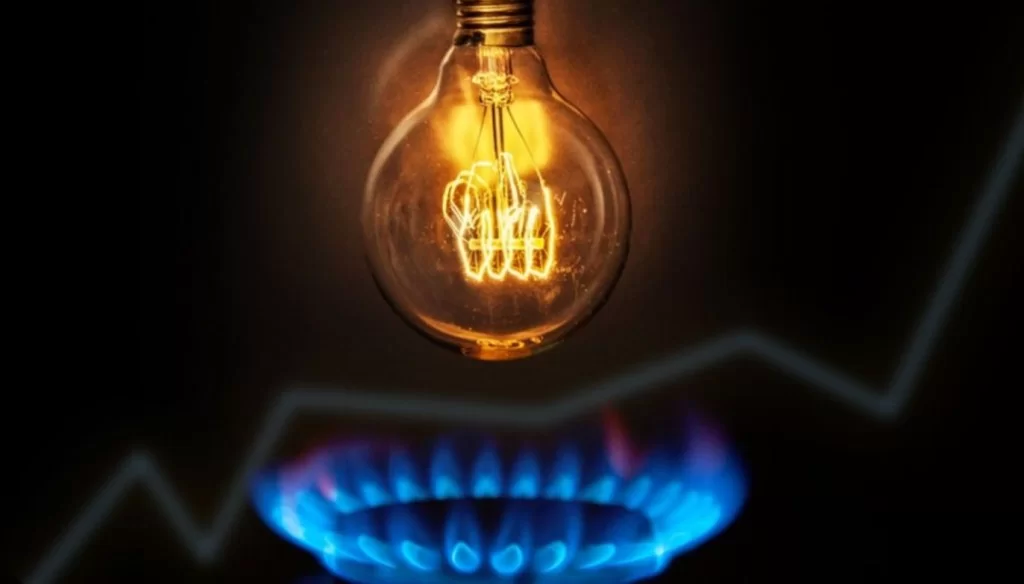
This Wednesday the Government decided to extend the energy emergency until July 9, 2025, through Decree 1023/2024, published in the Official Gazette. Thus, the regulatory normalization of electricity and gas, originally scheduled for the end of the year, is postponed. With the extension, the Ministry of Economy will have the power to decide on a monthly and discretionary basis the increase in rates, without any regulatory framework.
Initially established by Decree 55/2023 in December of last year, the emergency covers the generation, transportation and distribution of electrical energy and natural gas. The extension also implies supporting the intervention of the Regulatory Entities: ENRE and Enargas, which will continue not to be unified; and maintain the current subsidy scheme with 3 categories according to income level (N1, N2 and N3) while the “contingency plan” is defined, with a design of households beginning to pay the full rate and households with partial subsidies, to which would already have a multimillion-dollar loan approved by the World Bank.
The loan is for 1 billion dollars and is intended, according to the WB, to sustain the scarce subsidies for energy and public transportation. In a statement titled “Argentina promotes access to transportation and energy for the poorest with support from the World Bank,” the loan confirms that 500 million dollars would go to subsidize transportation and 500 million dollars to the electricity sector. A guarantee of profits for privatized companies in the sector.
In this sense, the decree published this Wednesday instructs the Ministry of Energy to “maintain income levels in real terms and cover investment needs, to continue guaranteeing the continuous provision of public services of transportation and distribution of electrical energy and natural gas under adequate technical and economic conditions for providers and users.
The truth is that the same decree confirms that despite the million-dollar profits of the privatized companies, the investments did not happen: “despite the temporary recomposition of rates during the current emergency in the terms of the aforementioned Decree No. 55/23, “The necessary investments have not been completed, as these are major works that take long periods to materialize.”
On the other hand, during the G20 Milei met with Flavio Cattaneo, CEO of the Italian company Enel, owner of 70% of the shares of Edesur, one of the largest electricity distributors in the country. The Italian company had claimed to want to get rid of Edesur, but after Milei’s victory and meetings with Caputo, the company decided to stay. During the G20 meeting, after recognizing juicy profits with the new Government, Cattaneo requested the extension of the concession of the El Chocón hydroelectric plant, and would be interested in acquiring the share package of the dam that the Government intends to privatize.
Energy, a social right turned into a juicy deal
The Government has the energy sector in a privileged place for its economic model. With the RIGI approved in the Bases Law, obscene benefits were provided for the oil/energy sector. Arriving at the absurd case of authorizing the export of Liquefied Natural Gas for 30 years “without interruptions or restrictions, reductions or redirections for any reason.” Where Argentina could import the gas extracted from its own soil that companies sell at a price up to 10 times higher.
Distributors, on the other hand, have multiplied their profits exponentially. With rates that far exceed average inflation. More than 500% increase in the gas rate (more than 800% in winter) and 189% in electricity, according to the latest report on rates and subsidies for November 2024 from the Interdisciplinary Institute of Political Economy (IIEP), which depends on the UBA and Conicet.
Milei removed subsidies at the request of the IMF to guarantee the payment of the debt, offloading the value of the rate to the users. While, on the other hand, it grants high rates to the privatized companies. The Government’s original plan was to apply rate normalization by the end of this year with the increases already agreed and the majority elimination of subsidies.
The truth is that if these increases materialize, it would generate inflationary pressure on the only “workhorse” that the Government can present, the reduction in inflation. These are the contradictions that Milei will have to navigate, and for now she finds the solution by taking on debt.
It is necessary to debate whether business profits at the expense of an expensive and poor quality service are more important or considering public services as an essential right for the entire population. By nationalizing the entire sector and eliminating business profit in the first place, large million-dollar savings could be generated. Secondly, the nationalization of the entire system of public services with democratic management by its own workers, specialized technicians and in which committees of popular users participate, could make the service more efficient, economical and sustainable.
Put the funds from a sovereign rejection of illegal debt at the service of developing the necessary investments, rethink the energy system with the knowledge of universities and professionals in agreement with the community to guarantee energy according to the needs of the majority, in a plan think about a true and democratic energy transition that is sustainable and economical for the people.
Source: www.laizquierdadiario.com

